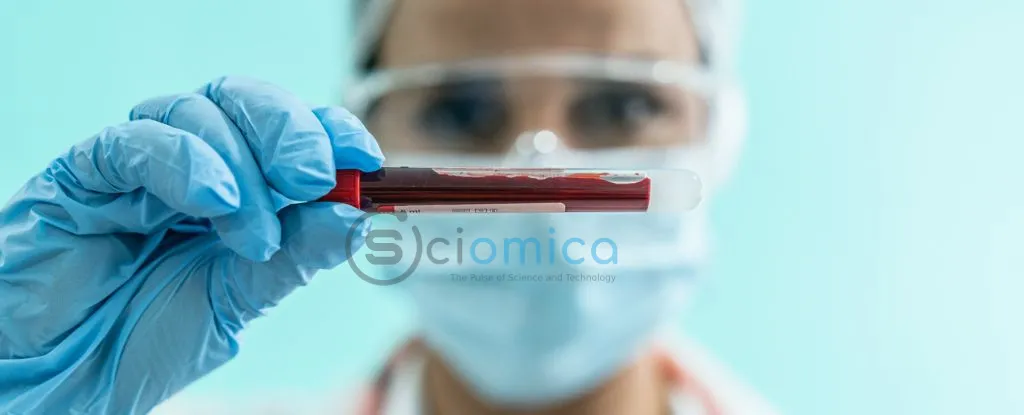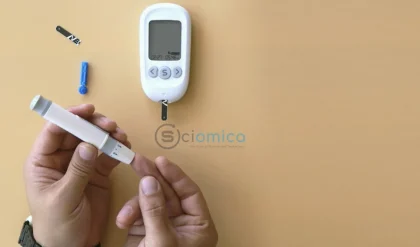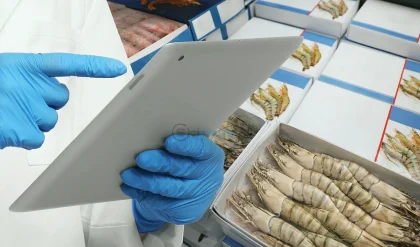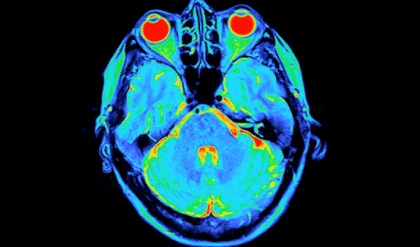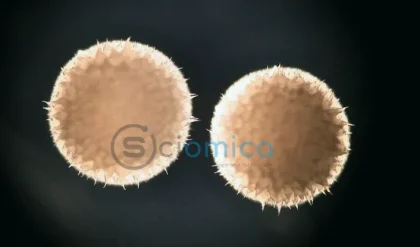In a groundbreaking development, a woman from the Caribbean island of Guadeloupe has been recognized as the sole known carrier of a newly identified blood type dubbed “Gwada negative”. The French Blood Establishment (EFS) made this announcement on Friday, revealing the discovery comes 15 years after the woman’s blood was first sampled during routine pre-surgical testing.
According to the EFS, the world has now identified its 48th blood group system. This significant finding was officially acknowledged earlier this month at a conference in Milan hosted by the International Society of Blood Transfusion (ISBT), which had, until now, recognized only 47 blood group systems.
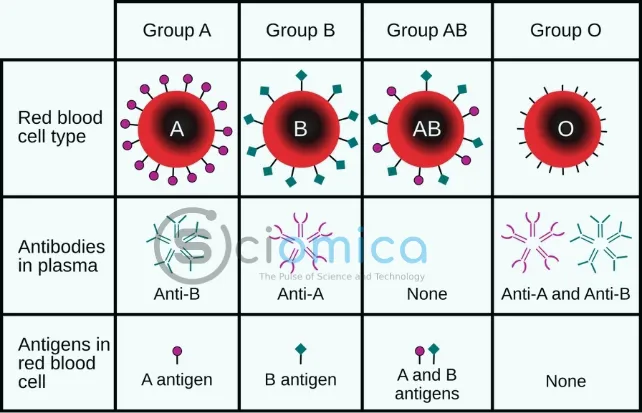
Thierry Peyrard, a medical biologist at EFS and one of the leading researchers on the project, shared insights with AFP about the journey to identify this unique blood type. The “very unusual” antibody that led to the discovery was first detected in the patient back in 2011, but limitations in resources hindered immediate further research. It wasn’t until 2019, when advancements in “high-throughput DNA sequencing” allowed scientists to isolate a genetic mutation linked to the antibody, that the mystery was finally unraveled.
The patient, then 54 and residing in Paris, unwittingly became a focal point for medical research when the unknown antibody appeared in her sample during routine checks before her surgery. Peyrard emphasized that “she is undoubtedly the only known case in the world” of this blood type. He stated, “She is the only person in the world who is compatible with herself,” underscoring the rarity of her blood type.
The woman inherited the “Gwada negative” blood type from both parents, who also carried the rare genetic mutation. The designation “Gwada negative” was chosen not only to honor the woman’s Caribbean roots but also because it resonates well across different languages, gaining favor among experts in the field.
The ABO blood group system, first recognized in the early 1900s, has seen a surge in the discovery of new blood groups due to the advancements in DNA sequencing technologies over recent years. Currently, researchers like Peyrard are actively seeking to identify other individuals who may share this rare blood type.
“Discovering new blood groups means offering patients with rare blood types a better level of care,” the EFS stated, highlighting the importance of this discovery in improving transfusion practices and patient care in the medical community.

